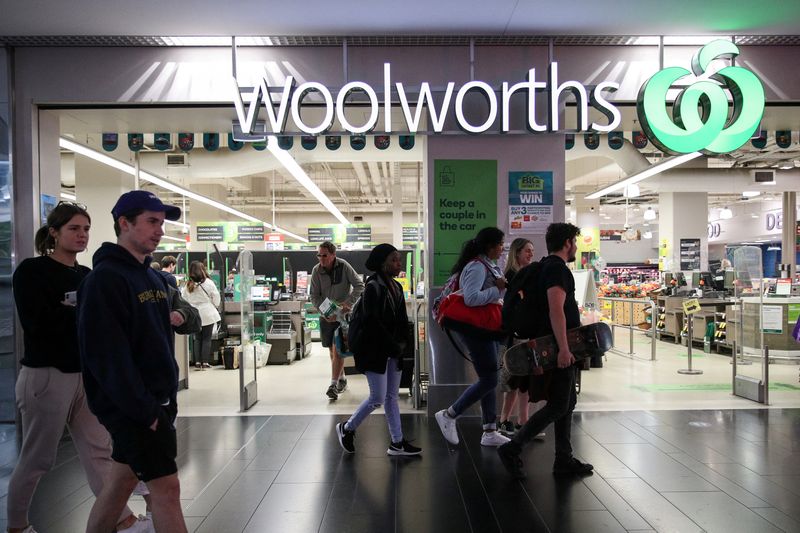By Ambar Warrick
Investing.com -- Australian consumer price index inflation fell more than expected to an eight-month low in February, data showed on Wednesday, helped chiefly by smaller increases in housing and fuel costs.
CPI inflation rose 6.8% in the year to February, data from the Australian Bureau of Statistics (ABS) showed, lower than expectations for growth of 7.1%, and well below than previous month’s reading of 7.4%.
Excluding volatile items, CPI inflation rose 6.9% in the year to February, down from 7.5% in January.
The reading showed CPI inflation at its lowest level since June 2022, and marks a second straight month that inflation has fallen after surging to an over-30-year high of 8.4% in December.
Smaller increases in housing, food, and fuel prices were the biggest contributors to the reading, although costs still remained at relatively high levels.
Wednesday’s data shows that spending and economic activity is likely cooling as the effects of high interest rates begin to be felt by the economy. The reading also gives more impetus to the Reserve Bank of Australia (RBA) to consider pausing its interest rate hikes.
The Australian dollar fell 0.2% after the data, while the ASX 200 index pared intraday losses on the prospect of a less hawkish RBA.
But the reading still remained well above the RBA’s target range of 2% to 3% - a range that the central bank has warned will likely only be achieved by mid-2025.
The RBA hiked interest rates by a cumulative 350 basis points since early-2022, bringing them to a near 11-year high as the bank moved to curb a large jump in inflation in the aftermath of the COVID-19 pandemic.
The bank recently signaled that it is considering a pause in its rate hikes, given that the Australian economy saw a sharp cooling in growth amid pressure from high rates and inflation.
